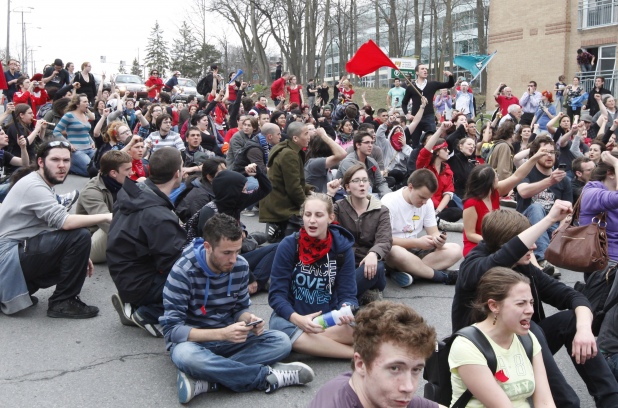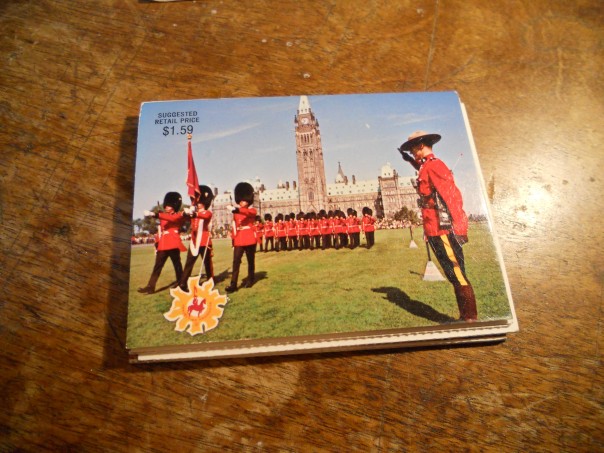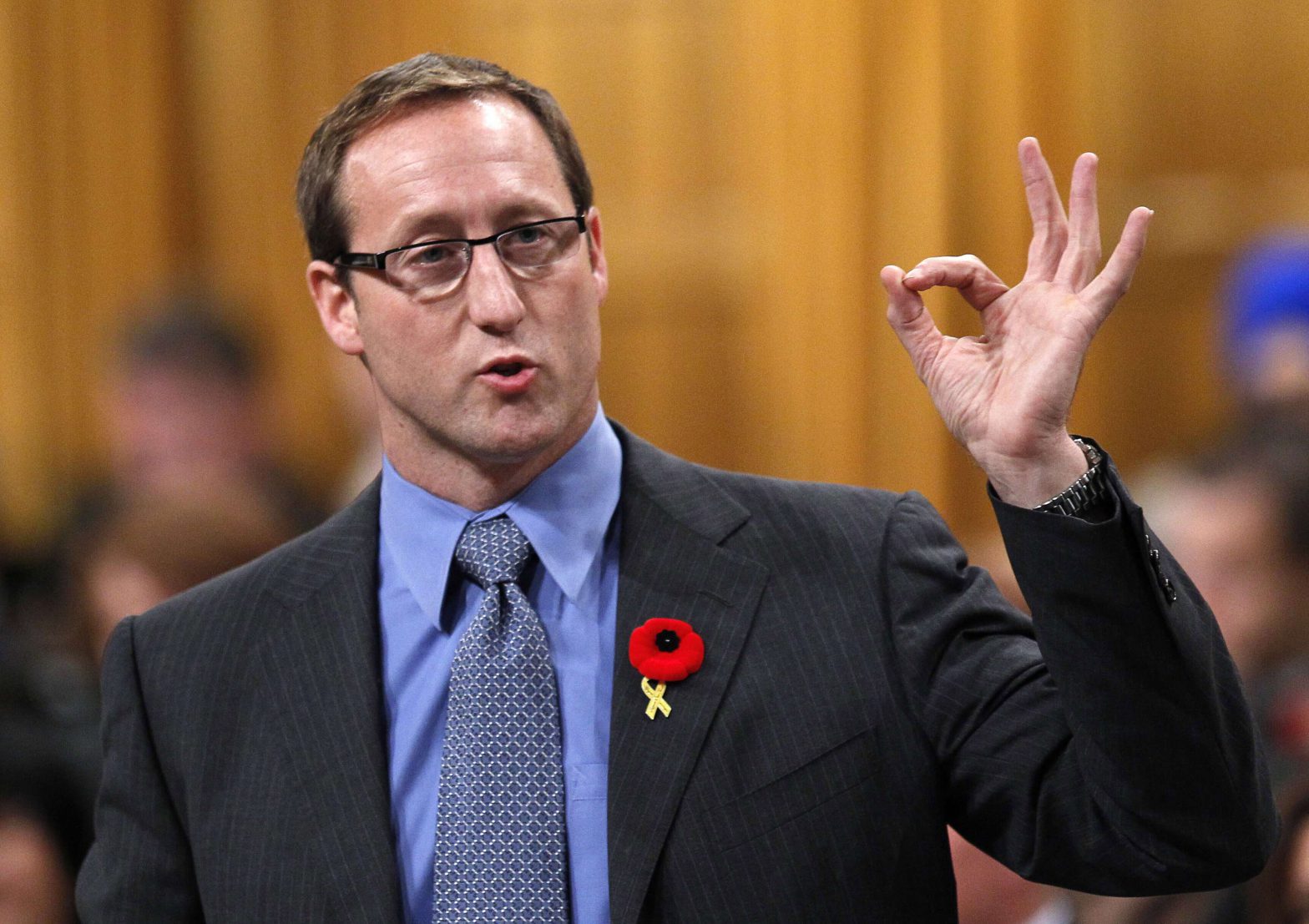News from last week included the opposition finding outrage in an apparent discrepancy of cost estimation of the Canadian mission in Libya by Defence Minister Peter MacKay. In an interview on CBC’s The House with Evan Solomon last October MacKay had stated that the mission costs were coming in under a projected $60 million by about $10 million dollars. Recently, this figure was updated to $347 million. The opposition has accused the government of misleading Canadians on the cost of the Libyan mission as a result.
Here, for example is a report filed on CBC.ca,
Defence Minister Peter MacKay is defending the government’s accounting of the costs of Canada’s military mission in Libya, following the release of new figures by the Department of National Defence that lay out the final cost of the deployment.
The department puts the incremental costs of the mission — costs the military says would not have been incurred if Canadian Forces had not been deployed — at just under $100 million.
And the total cost of the operation — a figure that includes everything from jet fuel to pilot salaries, including the salaries of military personnel — comes in at $347 million.
Last October, MacKay told CBC Radio’s The House the Libyan mission had cost taxpayers less than $50 million.
“As of Oct. 13, the figures that I’ve received have us well below that, somewhere under $50 million,” MacKay said.
“And that’s the all-up costs of the equipment that we have in the theatre, the transportation to get there, those that have been carrying out this critical mission.”
Here’s what MacKay said in that interview (bolded for emphasis),
EVAN SOLOMON (HOST):
The mission in Libya is wrapping up. The Secretary General of NATO announced that there would be no extension, as the Libyan government has asked, until the end of the year. NATO wraps up its mission on October 31st. Can you tell Canadians what the cost of the Libyan mission was to Canadians.
PETER MACKAY (MINISTER OF DEFENCE):
Sure, the initial projection, as you know, going back some six months or more, would have us in the range of about 60 million dollars. As of October 13th, the figures that I’ve received have us well below that, somewhere under 50 million dollars. And that’s the all up costs of the equipment that we have in the theatre, the transportation to get there, those that have been carrying out this critical mission
…
EVAN SOLOMON (HOST):
Well it certainly will be a long process ahead, but you’re just confirming that the mission that Canada partook in, the seven-month mission, will cost Canadians all in 50 million dollars now.
PETER MACKAY (MINISTER OF DEFENCE):
That’s the figure I was given, so I’m giving you that number with the proviso that there could be more costs that come in after the fact. The fact that we are now ramping down the mission, bringing back significant equipment and personnel, some 650 were there, we have a ship in the area, we have aircrafts, fighter aircrafts, patrol aircrafts, refuelers.
Does this add unreported context? Did MacKay report the number he was given by his department by provided the caveat that more costs could come in? The CBC report does not mention this disclaimer on cost estimates and opposition upset over “misleading” Canadians does seems to hinge on the suggestion that MacKay was absolutely fixed on $50 million as a cost estimate. It would be fair to the Minister (and to the news consumer) to provide this extra context.
The CBC report does provide the government’s defence of the numbers, after the fact, and only after they were accused of misleading Canadians last week,
The minister continued, “Of course, the mission went on. There were extensions … there was, in fact, then the cost of bringing equipment and personnel home. This is incremental costing.”
At an event in Edmundston, N.B., on Friday, Prime Minister Stephen Harper noted the total figure of $347 million includes the ongoing costs of operating the Canadian military, and he defended the earlier estimates.
“We always give the most up-to-date figures and it’s important also to know … that these figures include normal operations of the Canadian military, of those assets over that period,” Harper said.
However, from the original material from the date and interview under scrutiny, and from CBC no less, we see MacKay provide proviso of those cost estimates. Why is this not reported?



